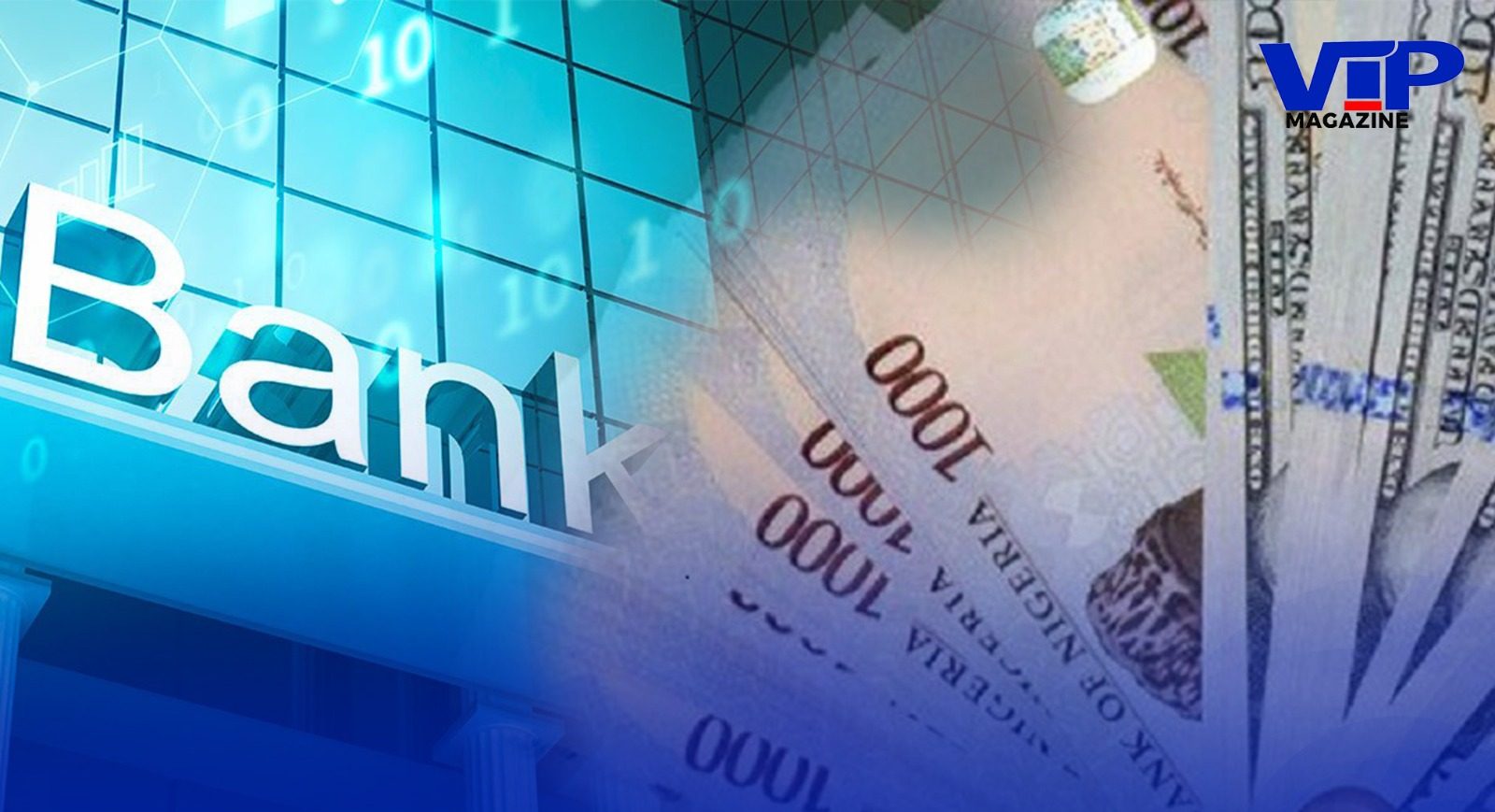
The Dollar Dilemma: How Nigerian Banks and Elites Exploit the FX Crisis
In Nigeria, the rising dollar exchange rate is more than just a financial woe; it’s a ripple that touches every facet of life and affects every Nigerian. Beyond the apparent economic strains, the burgeoning gap between the official and black market rates becomes a breeding ground for exploitation, with commercial banks and elites capitalizing on the chaos.
The Naira, the heart of Nigeria’s currency, is weathering a storm of its own, depreciating by over 40% against the ‘greenback’ in the past year. Despite the Central Bank of Nigeria’s efforts, the situation has taken on a life of its own, showcasing both balloon and cockroach effects.
At the epicentre of this financial tempest, commercial banks have been caught stirring the pot, prompting the CBN to issue a directive for them to sell excess dollar stocks by February 1, 2024. It has come to light that some commercial banks are holding onto foreign exchange positions to capitalize on volatile exchange rates, perpetuating the gap between official and black market rates. This gap becomes a lucrative ground for arbitrage and rent-seeking by Nigerian banks and elites who thrive on currency scarcity and volatility.
The burning question is how institutions designed to facilitate the smooth functioning of the foreign exchange market are turning it into a battleground for exploitation.
Typically, Nigerian banks acquire dollars from the CBN at the official rate and sell them to customers for legitimate needs like imports, education, travel, and remittances. However, some banks stand accused of hoarding dollars, inflating demand, and consequently driving up black market rates. These banks allegedly sell dollars at inflated rates to preferred customers, often well-connected individuals or businesses. For example, reports revealed that “in the first half of 2023, First Bank, UBA, Zenith, Access, and GTB reported a combined N1.38tn in forex revaluation gains.” There have also been reports of commercial banks having excess dollar liquidity exceeding $5bn, resulting in these banks charging different exchange rates for customers based on their “connections”.
In the face of these allegations, the CBN has attempted to curb the practice through regulations and sanctions such as increased cash reserve requirements and limiting the amount of dollars each customer can purchase. However, these measures have proved less effective as banks find ways to circumvent them or transfer the costs to customers.
The dollar crisis hasn’t just become a playground for banks; it’s also a goldmine for elites with access to dollars at official rates due to connections or influence. Politicians, bureaucrats, businessmen, and celebrities are allegedly capitalizing on this access, either hoarding dollars as a store of value or selling them on the black market for significant profits. Some elites reportedly exploit the crisis to demand bribes or kickbacks from ordinary Nigerians in need of dollars for legitimate purposes.
This dollar crisis has far-reaching implications for the Nigerian economy, escalating the cost of imports, fueling inflation, eroding the purchasing power of the naira, discouraging foreign investment, and reducing confidence in the financial system. It further widens the wealth gap as banks and elites benefit from dollar scarcity while the masses bear the brunt.
Addressing this crisis requires more than additional regulations; it demands a flexible, market-driven exchange rate regime that reflects the true value of the naira and the dollar, eliminating arbitrage opportunities. The CBN should boost the supply of dollars to the market by bolstering foreign reserves, attracting more foreign exchange inflows, and reducing foreign exchange outflows. Transparency and accountability in the allocation and distribution of dollars, coupled with strict sanctions for fraudulent activities, will be key in restoring stability.
The dollar crisis is not an inevitable fate; it’s a challenge born of actions and inactions. It’s time for a holistic approach involving the CBN, the government, banks, elites, and the people to pave the way for a revival of the Naira and the Nigerian economy.
